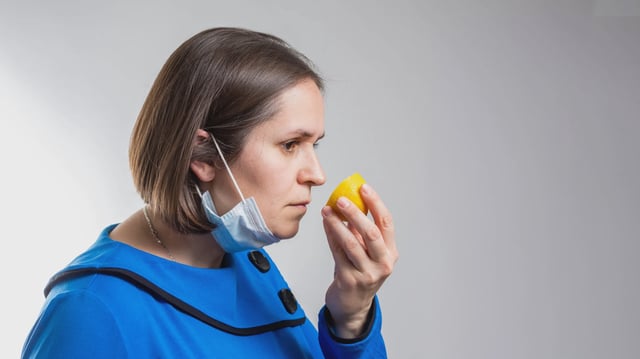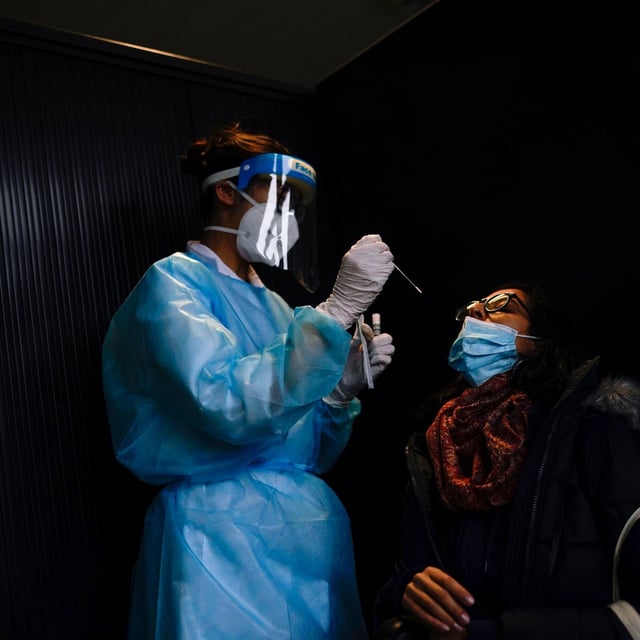Overview
- Roughly one in four people who noticed smell changes after Covid were severely impaired or anosmic on the clinical test.
- Among infected participants who did not report problems, 66% nonetheless scored abnormally low on smell identification.
- Sixty percent of self-reported uninfected participants without complaints also tested poorly, likely reflecting age effects or undetected prior infection, according to researchers.
- Experts warn that diminished smell carries safety and health risks, including difficulty detecting smoke, gas leaks and spoiled food, as well as impacts on appetite and mental wellbeing.
- Research teams are evaluating potential interventions such as vitamin A supplementation and olfactory training, while WHO monitors the Stratus (XFG/XFG.3) variants with a low assessed global risk.



